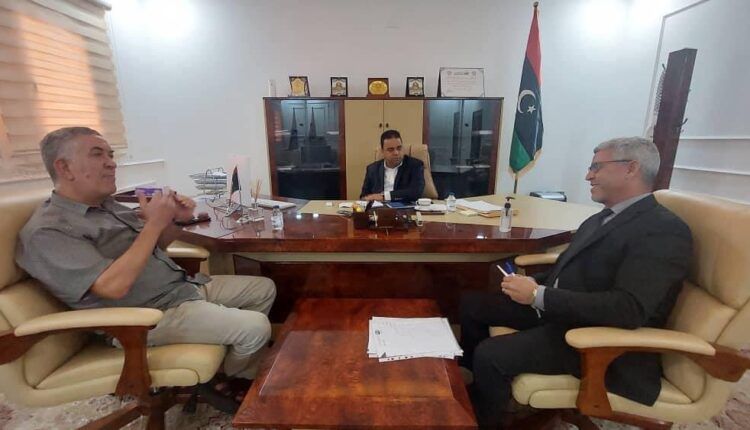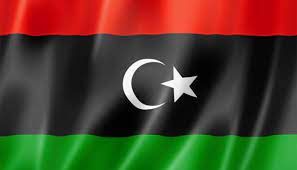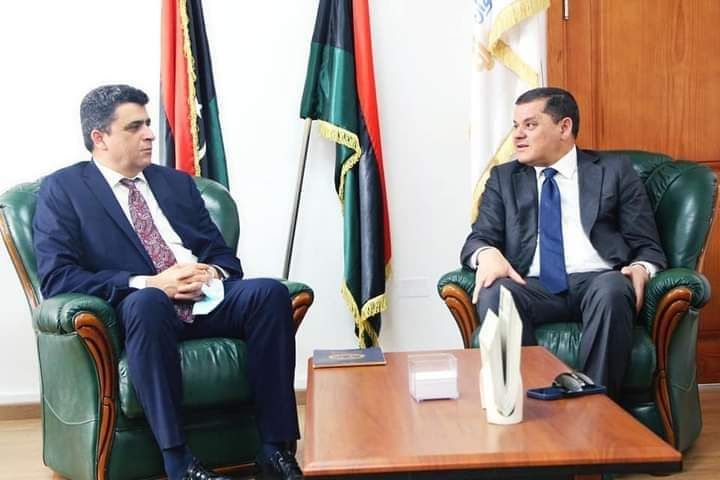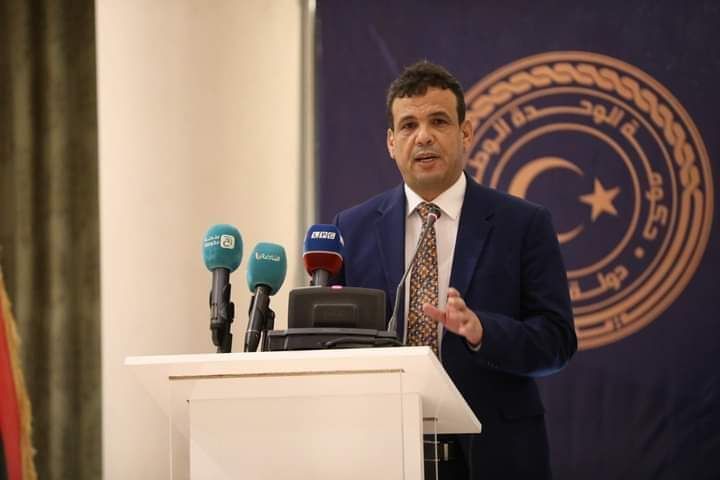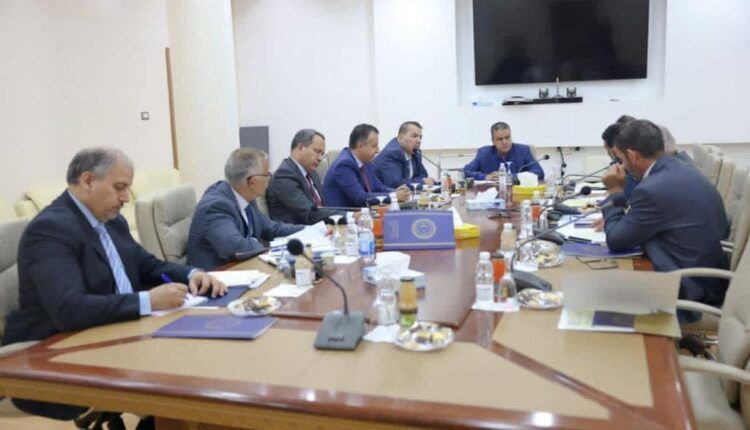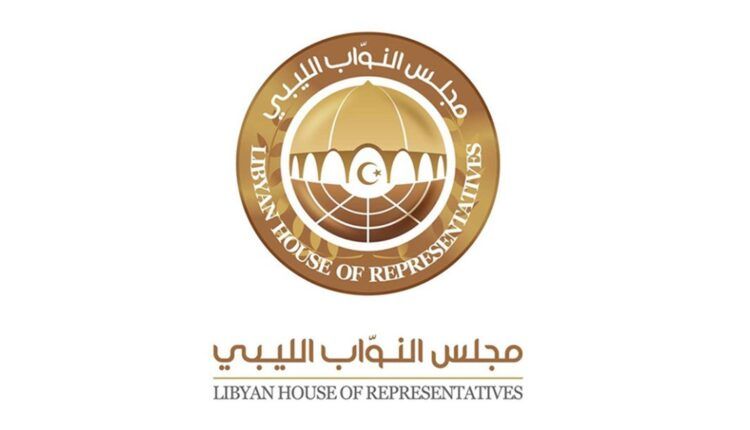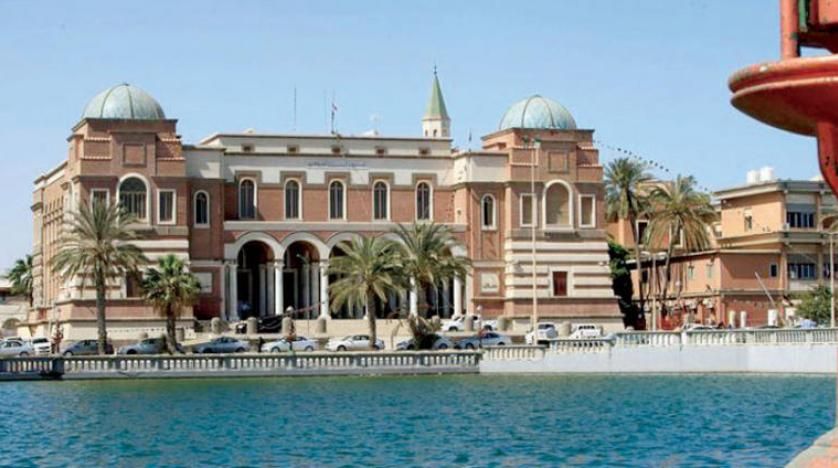Al-Hibri confirms to our source that the Tripoli Central Bank has nothing to do with the annual report issued by the Benghazi Central Bank and reveals the details
The Deputy Governor of the Central Bank of Libya, Ali Al-Hibri, said today, Thursday, in an exclusive statement to our source, that the Central Bank of Tripoli has nothing to do with the exceptional annual report for the period of 2015-2020 issued by the Benghazi Central Bank.
Al-Hibri added that the report is a historical document that reflects our view on the duration of the division up to its date, describing the denials issued by the Tripoli Central Bank today as “a fictitious review, as usual, from a big delusion whose name is Al-Kabeer.”
It is noteworthy that the Tripoli Central Bank issued a statement this morning, noting that it had nothing to do with the annual report issued by the Benghazi Central Bank on the 16th of last May, in which it talks about the period from 2015 to 2020.

